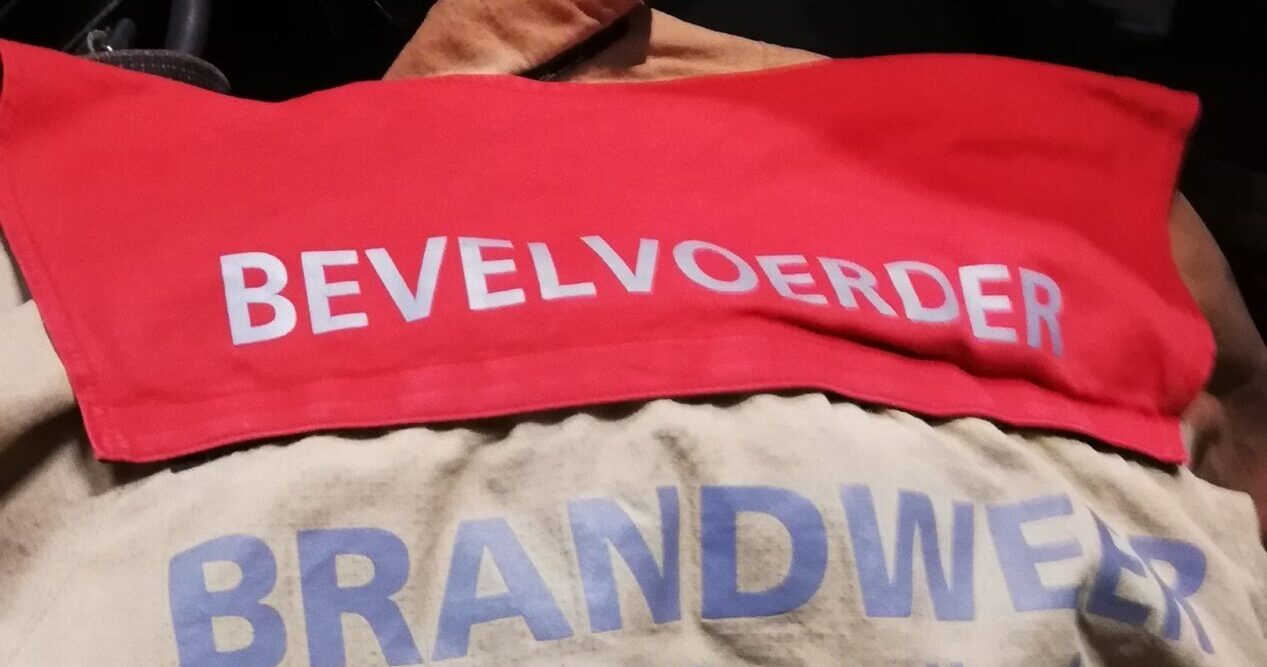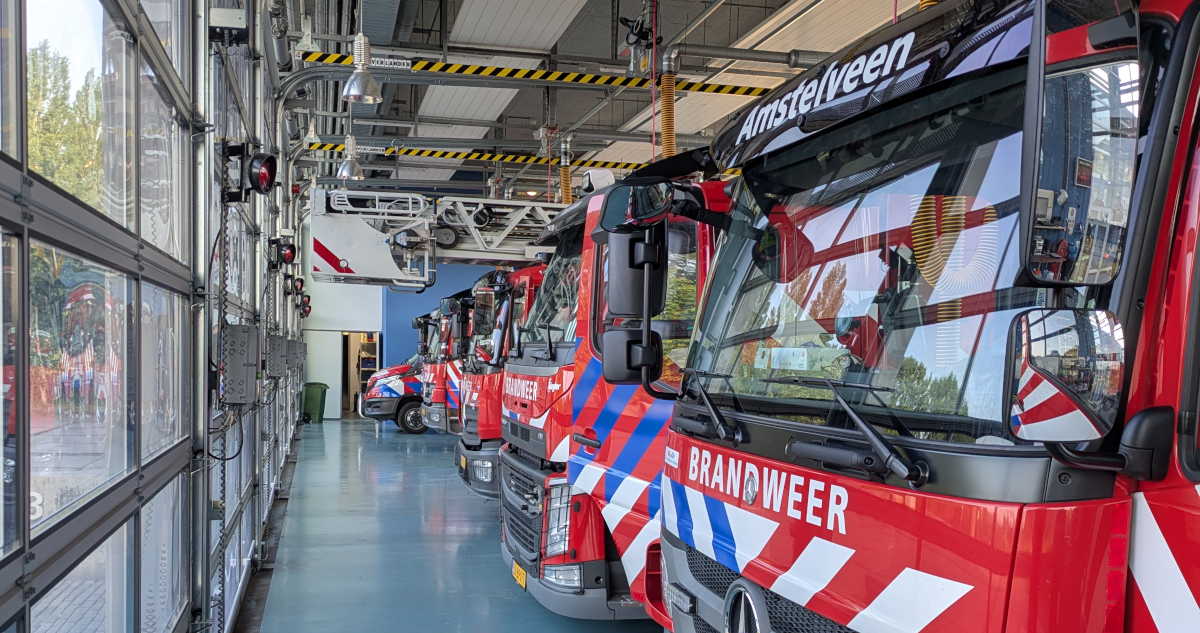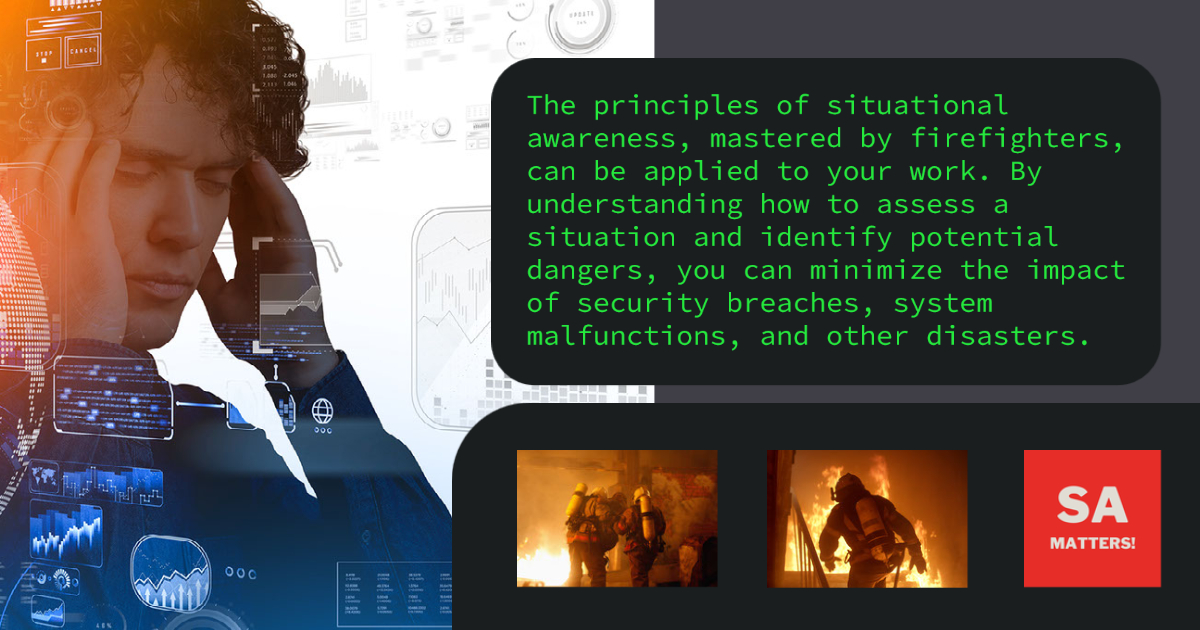
Leadership; it starts with a question
“You manage things, you lead people”; it is a quote from a clip on YouTube by an American ‘rear admiral’ (a naval rank). The quote sounds very obvious, almost like a no-brainer. But what does it say about leadership, and what questions do you have to ask? And what is the relationship with situational awareness? Enough to think about, thanks to an old lady and an important question that was asked to me.
Somewhere in 2021 I was in the process of transitioning to a leadership position. The process had been going on for a while; I had passed the application round in 2013. Slowly, but surely, I noticed that I was doing everything with an empty battery. The corona issues had cost me a lot of mental energy. My personal awareness was good enough – with and thanks to experiences from the past – to realize that I had to intervene.
After I had indicated to the organization that things were no longer going well, I was called to my manager. And there I was asked one question, a question that had never been asked to me in the previous 20 years. Later I realized that the power of that question permanently changed my view of leadership. Since then I have always looked with interest at how people define leadership.
That old lady
There is a good chance that when you saw the quote from the rear admiral, you had an image of a battle-hardened, tough guy giving a thundering speech to new recruits somewhere. Nothing could be further from the truth, the rear admiral in the video is a 76-year-old, fragile lady, giving a guest lecture on computer science.
She repeatedly talks about positive leadership and gives her vision of what that means. “Loyalty up, loyalty down. You tell your superiors what you are doing and why, and as a superior, you take good care of your people”. How simple can it be, and that in 1982. This rear admiral is Dr. Grace Hopper, an interesting lady in more than one way. You can read more about her in the inset.
In the guest lecture, she subtly notes that we manage people too much. “You can’t manage a soldier into battle, you have to lead him”. And later: “You manage things, you lead people”.
She also gives examples of how she herself filled in that leadership role.
I found the separation between people and things particularly interesting. Are we asking the right questions; if we want to show leadership?
Dr Grace Hopper 1906 – 1992 (wikipedia)
Hopper was an American mathematician and computer pioneer. During World War II she enlisted in the US Navy Reserve. There she was stationed at the research laboratory for computer applications.
She wrote the first programs for the Mark 1 calculator, the first influential digital computer in the world. After the war, she was a pioneer in the field of compilers. These convert human language into computer language. In fact, the beginning of programming languages.
In the 1950s, she was called back to the Navy, where she helped standardize the COBOL programming language, earning her the nickname “Grandma COBOL.”
She retired in 1966—“The saddest day of my life,” Hopper said—only to return after just 6 months. She ended up serving in the Navy until 1986 (when she was 76!).
Questions to manage, questions to lead
First, a word about leadership. I don’t mean the hierarchical kind of leadership. I mean the version above; taking responsibility for your own actions, and—if you have people under you—taking good care of them.
When we manage things and lead people, we don’t ask people questions that you can ask of or about things. “How many times have you gone through this procedure?” is something you can ask about a thing. It’s measuring. “How do you experience going through the procedure?” on the other hand, does not provide anything measurable, but it does provide valuable information about how someone is doing in the procedure.
Leadership is about genuine interest, curiosity about what moves the people around you.
The relationship with situational awareness?
Situational awareness is actually always about curiosity; you ask yourself questions about what you see and whether you understand it. These questions and looking for answers with genuine interest give you better situational awareness. In this way, you can explain to your team why you do what you do. Or you can give your people good assignments.
For good situational awareness, you can, of course, ask measurement questions. How many floors does this building have, how much time do we have for this procedure, is there enough equipment available? The incident is a thing, and you can and may manage that perfectly well.
The people with whom you manage the incident must of course still be led. That is where personal awareness and team awareness come into play. These two are clearly about leadership.
Personal awareness is having a conversation with yourself. With questions like how do I feel, what does this do to me, or am I fit enough at the moment? Or, as in my case; do I have enough mental energy?
Team awareness is looking at your people and asking them the same questions. As a manager, you can then determine whether you can manage the incident as a team.
Can you not ask people any measurement questions at all? Of course, you can, but then they are not about leadership. “How much air do you have left to breathe?” is a question that is important to manage the incident, just like “Do we possibly need a replacement?” The follow-up question should be, “Can you still make it, or is your own tank empty?” That is about leadership, that is about taking care of your people.
What question was asked of me?
I had actually already decided to the end of my leadership career path. At that moment, I simply could not continue.
At the office, my manager then asked this question:
“Hey Bart, how are you really doing?”
It felt like a hammer blow, but at the same time also like an arm around me. The result was a plan; first make sure the battery was full again, and then a few intensive months with great conversations.
Eventually, I did pick up my leadership career path again. Now that I am a manager myself, every conversation with my people starts with the question “How are you really doing?”. The conversation then goes by itself. Perhaps even better; the people now also show leadership because they now start with a question themselves.
“Hey Bart, can you speak to me for a moment?”
Conclusion; leadership (always!) starts with a question. And that is no different for situational awareness.
Want to read more?
MY LATEST BLOGS

Your gut feeling rarely lies: leadership starts with sensing what is really going on

Crowdstrike was really a situational awareness issue
